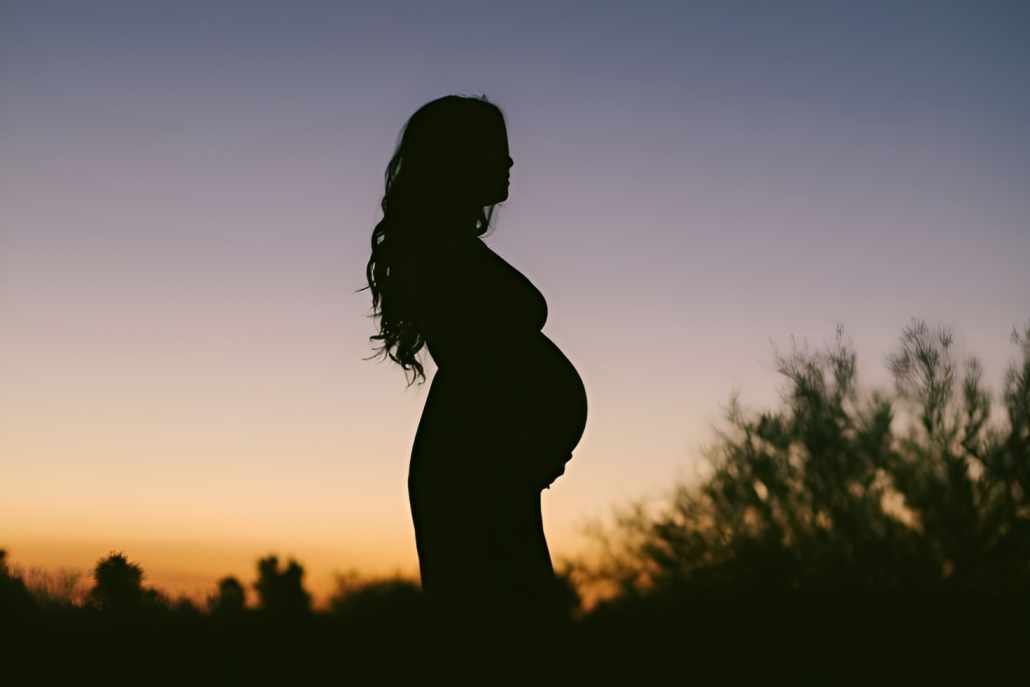Study links climate change to rising pregnancy risks

The study focused solely on the rise in potentially hazardous hot days.
A report released on Wednesday highlighted that rising heat waves driven by global warming are escalating the risks of severe complications during pregnancies worldwide.
Exposure to extreme heat during pregnancy has been associated with various issues, such as increased chances of premature birth, stillbirth, birth defects, and gestational diabetes.
The recent study by the US-based research group, Climate Central, aimed to assess how much additional heat pregnant women have been subjected to since 2020 and to what degree climate change is contributing to these dangers.
In 222 out of the 247 countries and territories studied, "climate change at least doubled the average annual number of pregnancy heat-risk days experienced during the past five years", the report said.
The most significant increases were observed in developing regions with limited healthcare access, including the Caribbean, Central and South America, the Pacific islands, Southeast Asia, and sub-Saharan Africa.
The study focused solely on the rise in potentially hazardous hot days, without assessing the actual impact of heat exposure on pregnant women in these countries.
Ana Bonell, a researcher on maternal health and extreme heat at the London School of Hygiene and Tropical Medicine, who was not involved in the study, stated that the report provides "clear evidence of the growing exposure risk to extreme heat."
She added that the findings could also apply to the elderly, another vulnerable group during intense heat-waves, as she shared with AFP.
Researchers are increasingly exploring the various ways extreme heat impacts human health, but there are still "many unknowns" regarding the underlying physiological processes behind these effects, according to Bonell.
A significant 2024 study published in Nature Medicine found that heatwaves elevate the likelihood of pregnancy complications by 1.25 times.
In addition to global efforts to combat climate change, largely driven by human activities like burning fossil fuels, experts recommend localized policies to help communities cope with extreme heat.
These strategies include enhancing urban green spaces, reducing pollution, creating cooling zones, and educating residents about the risks, as advised by French epidemiologist Lucie Adelaide.
In a statement related to the new report, she also suggested that existing health risk information about heatwaves should include specific warnings for pregnant women, a group that is often overlooked in such initiatives.
